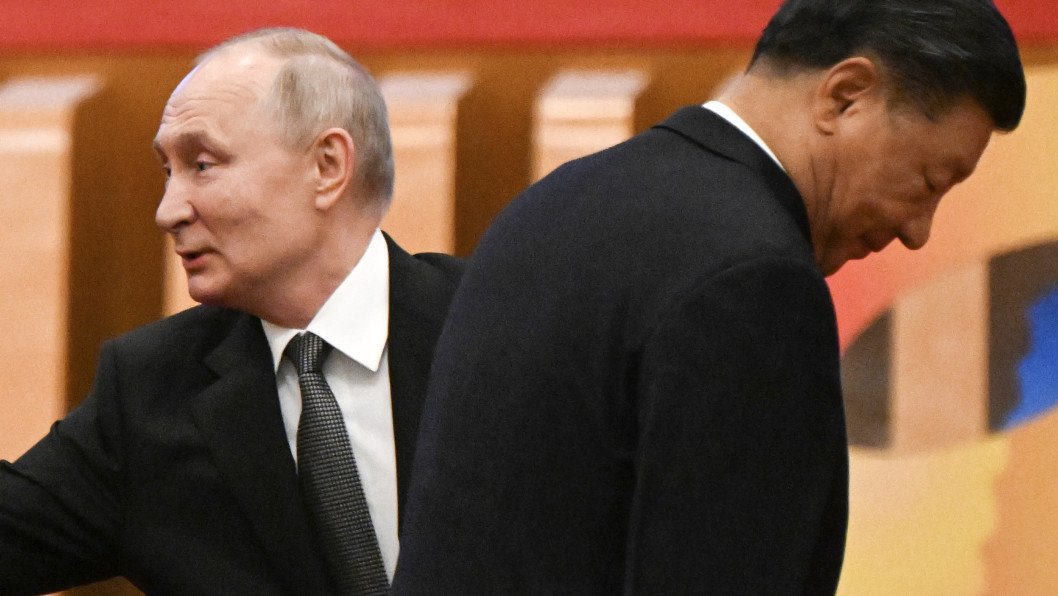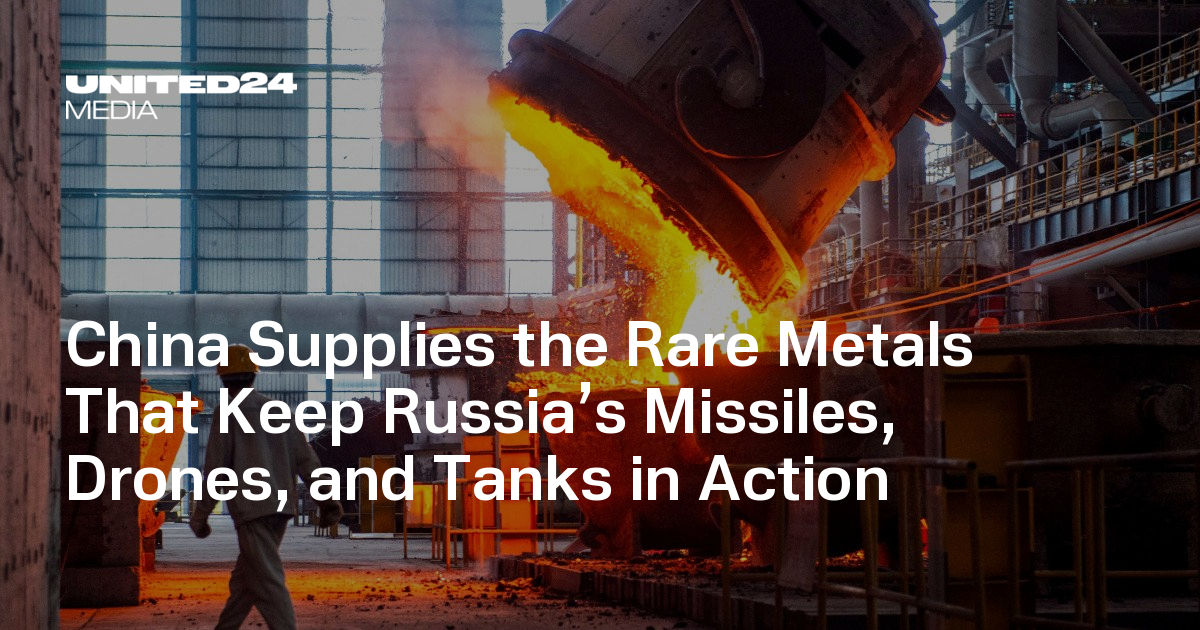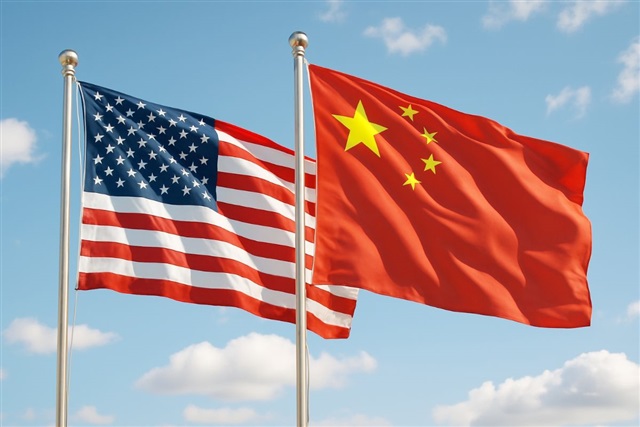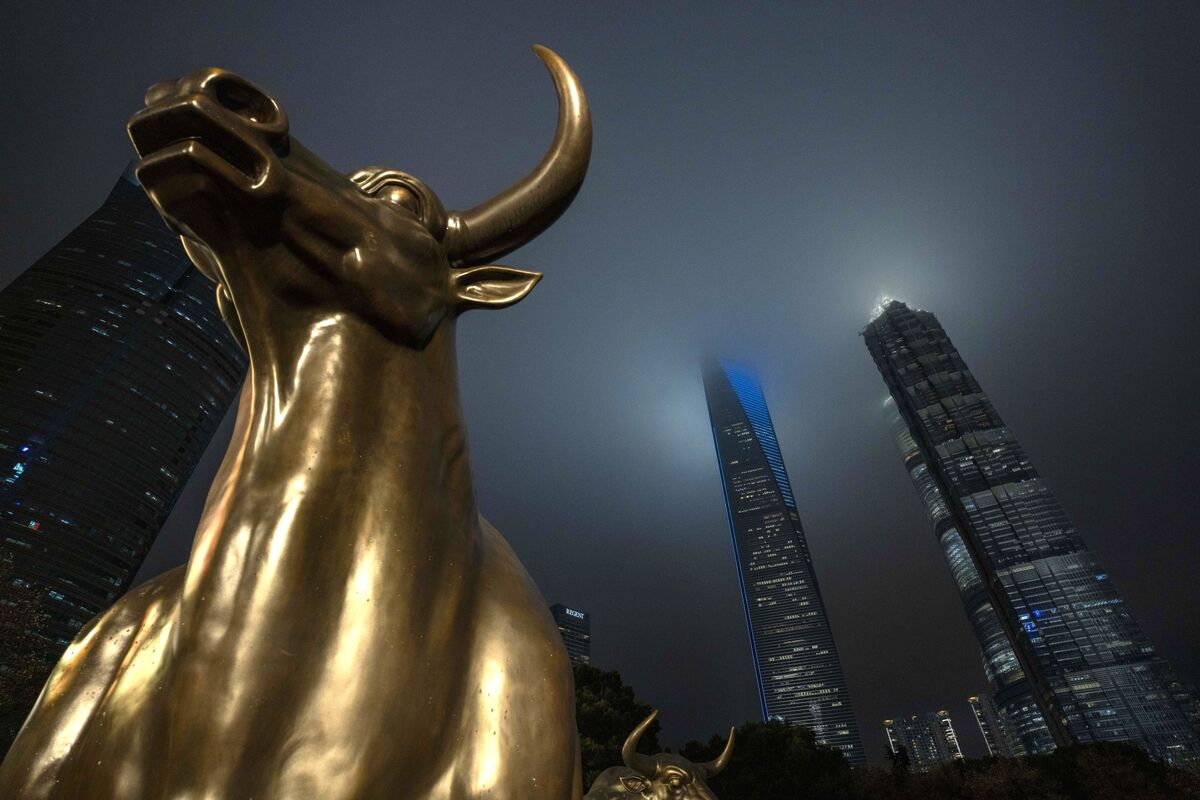China has become a key supplier of rare metals critical to Russia’s weapons manufacturing, despite Beijing’s public claims of neutrality in the war against Ukraine.
According to journalists from the investigative project “Schemes” (a Radio Free Europe/Radio Liberty initiative), nearly two dozen Chinese companies continue to export gallium, germanium, and antimony to Russian firms involved in defense production.
These materials are essential for the manufacturing of ammunition, drones, missiles, and even nuclear weapon components.
Western sanctions imposed in 2022 targeted the export of dual-use materials to Russia, including these rare metals. As Western suppliers withdrew, Chinese firms—some with direct or partial state ownership—expanded their role, becoming Moscow’s primary, and in some cases only, source for these materials.
Chinese suppliers identified in the investigation include Yunnan Lincang Xinyuan Germanium Industry and Vital Materials, both with links to state-backed shareholders. Another company, Hynhe Technology, is partially owned by a state enterprise in Zhejiang province. These firms continue to operate outside the scope of Western sanctions.
The materials supplied serve a range of military purposes. Antimony is used in bullet alloys, armor plating, and night vision devices.
Gallium is critical for plutonium-based nuclear warhead designs and military-grade semiconductors. Germanium is essential for infrared optics and laser guidance systems, including those integrated into Russian reconnaissance drones like the Orlan-30.
Russian companies importing these metals include both private and state-owned entities. Some, like AO Germanium and Germanium i Prilozheniya, are directly tied to the state defense conglomerate Rostec, which oversees the production of military aircraft, tanks, and electronic warfare systems.

New entities have also emerged since the full-scale invasion. Kraspotok LLC, founded in March 2022, has quickly become a significant importer of germanium from China, with transactions totaling hundreds of millions of rubles.
Several other Russian companies involved in importing antimony and germanium—such as Ferrotec Nord and RMT, subsidiaries of Japan’s Ferrotec Holdings—remain unsanctioned by the West despite documented links to weapons-grade microelectronics production.
Meanwhile, Chinese exports of these materials to Russia have increased even as Beijing halted their supply to the United States. NATO formally accused China of enabling Russian arms production in July 2024, an allegation Beijing denied.
According to Ukraine’s Office of the President, the claim that Chinese authorities cannot control private exporters is unconvincing. Analysts note that even nominally private companies in China often operate under state influence.
Several Russian defense institutions receiving these materials—such as the Kurchatov Institute and military-aligned research universities—are directly involved in weapons development, including nuclear technology.
-f5f7a02f8c56c4fe44ba62da6a41fc21.jpg)
Despite international sanctions and diplomatic pressure, Chinese companies continue to provide Russia with essential components for its military industry, enabling Moscow to maintain and expand its wartime capabilities.
Earlier, a senior Ukrainian intelligence official told POLITICO that China has been quietly supplying Russia with critical drone components—including engines, optics, navigation systems, and microchips—helping Moscow close the technology gap with Ukraine despite Western sanctions.

Donate Towards Robots, as Well as Other Military Equipment and Supplies to Help Ukraine’s Defenders Fight Off Russian Invaders


